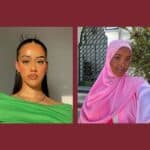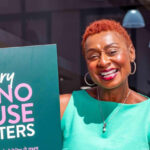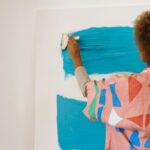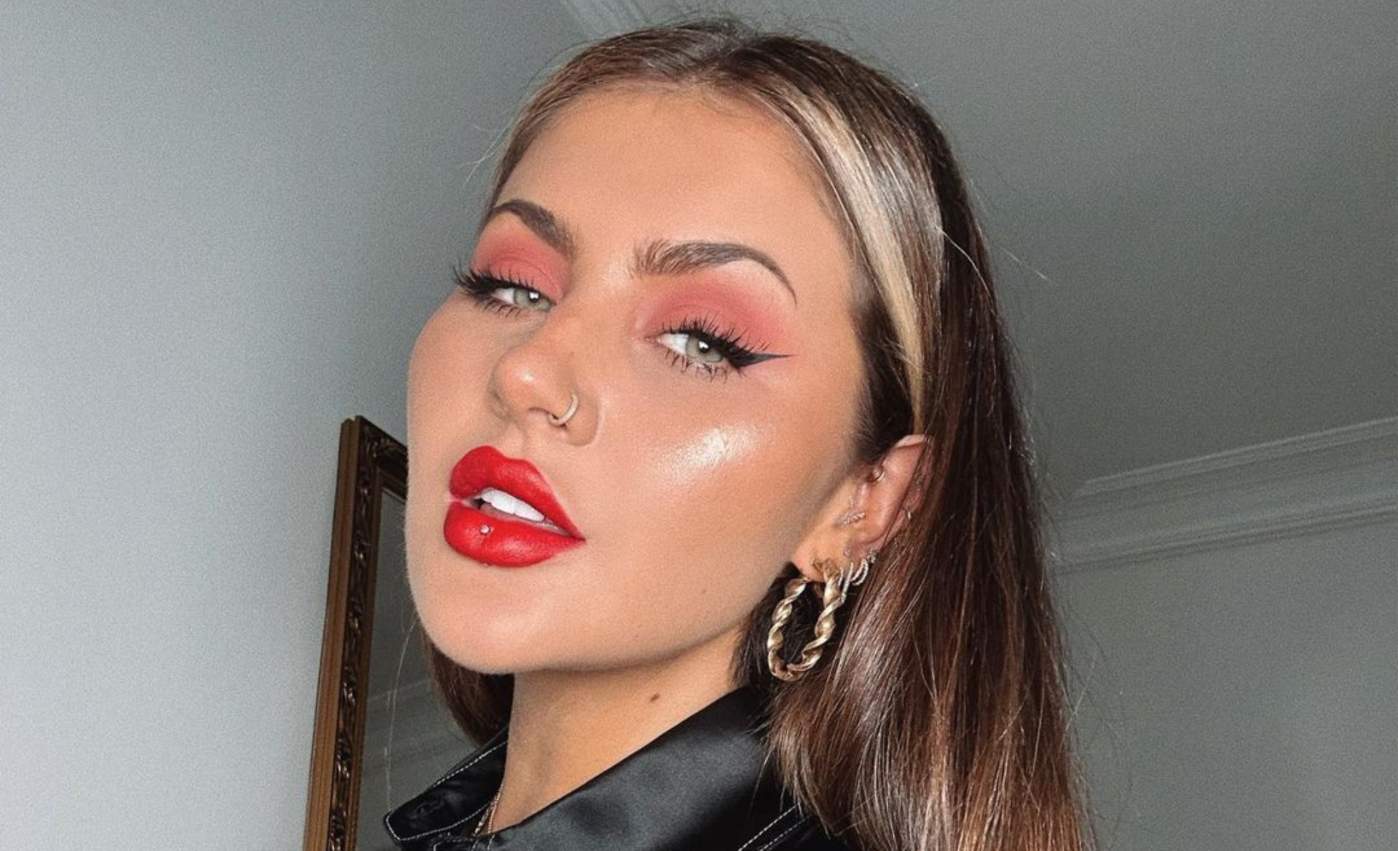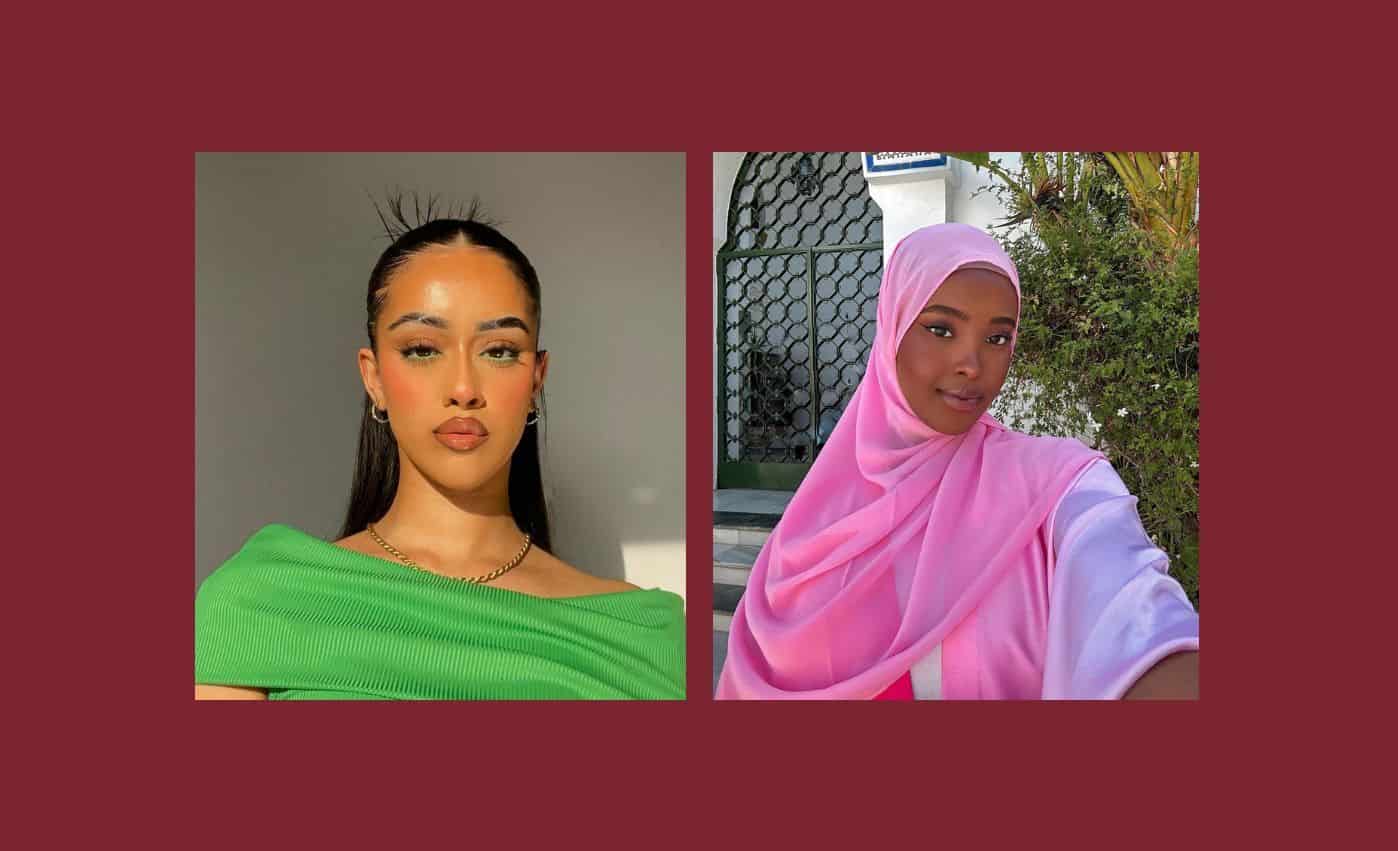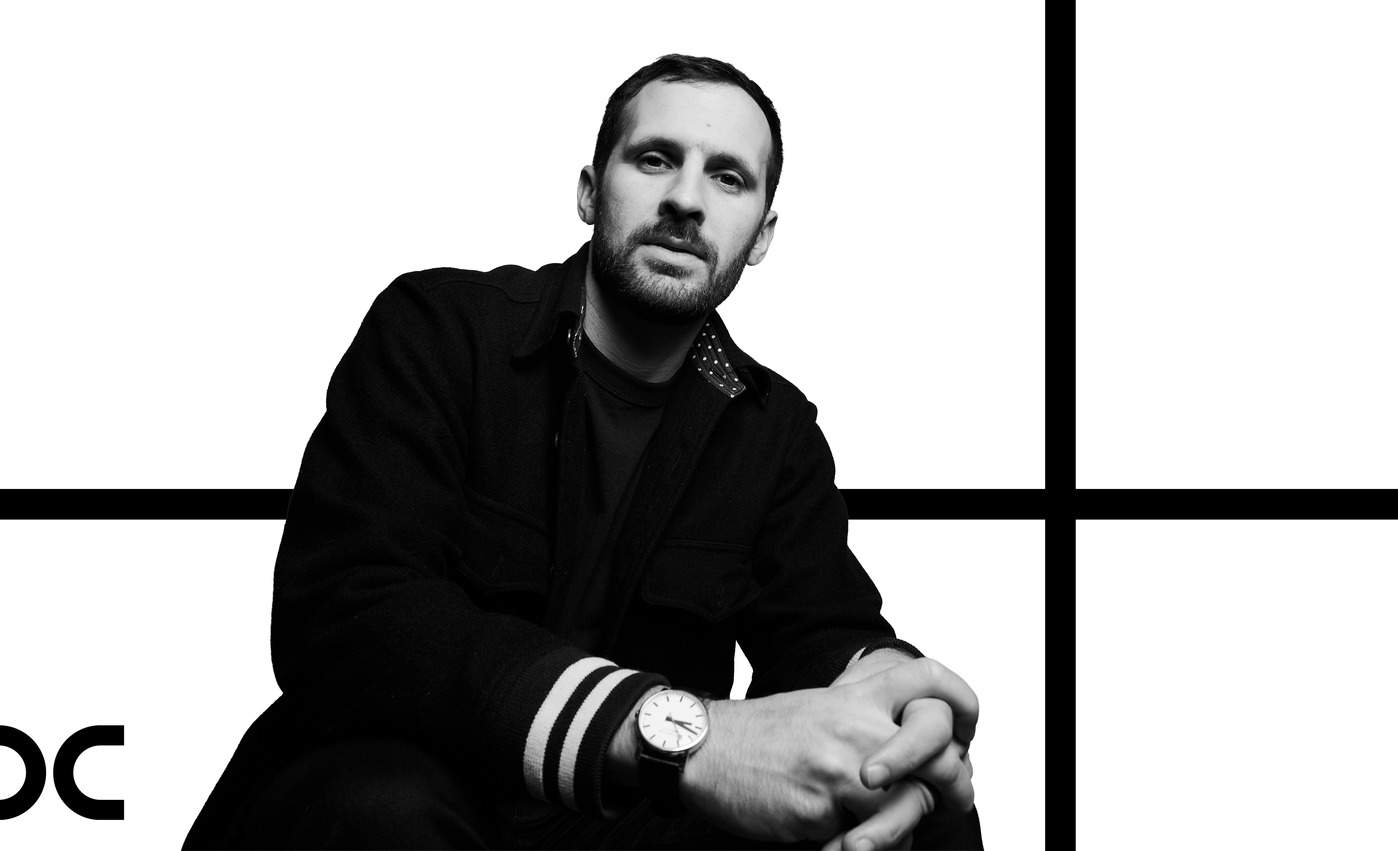The beauty and personal care industry is resilient. The beauty landscape has undergone a significant shift in the past few years due to the effects of a worldwide pandemic and economic pressures seeing consumer budgets’ tightened.
While makeup remains a popular beauty category, it experienced a predictable decline due to the impact of several lockdowns. Kantar research from 2022 revealed that makeup sales had fallen 19% compared to 2019 as people remained at home post-pandemic. Instead, Brits turned their attention to skincare – L’Oréal’s Active Cosmetics Segment reported an 18.9% increase in 2020 in comparison to 2019 and CeraVe became one of the go-to skincare brands by leveraging TikTok in recent years – Superdrug reported a 65% increase in sales of the brand during June 2020.
Following a quieter pandemic period, the global cosmetics market value rebounded to US $343.37 billion (£275.8 billion) in 2023, according to data intelligence company Expert Market Research, and is projected to value US $646.20 billion (£519.04 billion) in 2024.
CORQ spoke to four industry experts – VIEVE’s CEO Emma Dawson, Gen Z market research platform Imagen Insights’ co-founder Jay Richards, and teen beauty brand Indu’s co-founders Aaron Chatterley and Reena Hammer – about where the industry has travelled since the pandemic, consumer behaviour insights and who the biggest beauty spenders are, and how brands can earn a place in shopping baskets.
This is the second feature in a two-part series: CORQ also spoke to four creators – brand consultant Dani Nicholls, beauty influencer Atifa Arshad, makeup enthusiast and lifestyle creator Yasmin Abdullahi, and skinfluencer Andrew Wheatcroft – about the beauty market from a creator perspective, where it has travelled in the past few years and their 2024 predictions.
Key takeaways:
- CORQ spoke to four beauty experts about their thoughts on the market, where it has travelled since the pandemic and insights on consumer behaviour, looking specifically at makeup vs skincare.
- Kantar research revealed that makeup sales fell 19% post-pandemic compared to 2019 as Brits turned their attention to skincare. L’Oréal’s Active Cosmetics Segment reported an 18.9% increase in revenue in 2020 in comparison to 2019 and CeraVe became a Gen Z favourite by leveraging TikTok. Superdrug reported a 65% increase in sales of the brand during June 2020, demonstrating a shift in beauty priorities.
- Imagen Insights’ co-founder Jay Richards reveals Gen Z are some of the biggest beauty spenders because of how active they are online. As a result, this demographic is inundated with brand options. Because of this, he believes it’s becoming harder to build trust with new consumers and brand affiliation.
- Gen Z are concerned about ageing and invest in skincare for long-term benefits. When it comes to makeup, this cohort of beauty enthusiasts are interested in being playful and creative but do this less regularly.
- There is also massive purchasing power behind Gen Alpha. They are interested in multi-purpose makeup products that promote skin health and deliver a natural-appearing finish.
- VIEVE CEO Emma Dawson thinks omnichannel retail will dominate the year ahead as consumers return to in-person shopping experiences.
- In 2024, products will need to deliver visible results to stand out from the crowd as consumers become more discerning in their choices.
Imagen’s Data Index, which provides qualitative insights from its Gen Z community, highlights Gen Z (people born between 1997 and 2012) as the biggest beauty spenders. Richards told CORQ: “They’re constantly A/B testing, trying multiple versions of the same product, as they’re inundated with different brands to choose from.”
Richards emphasises that younger consumers prioritise product efficacy and quick access, utilising retailers such as Amazon and Superdrug for fast delivery. As a result, he thinks it’s becoming harder to build trust with new consumers and brand affiliation.
While this demographic is still interested in makeup and at the forefront of leading social trends, Richards says they are more concerned with skincare. “Gen Z now have an estimated global spending power of US $4.4 trillion (£3.5 trillion) and skincare is a big priority. This will continue to grow as they earn more money and invest in better products and formulas,” says Richards.
The co-founder highlights the rise of trends such as the “clean girl” aesthetic (Gen Z’s version of “no makeup makeup”), which prioritises natural looks and emphasises skin prep. He observes a significant trend towards skincare and minimal makeup on TikTok, noting its huge influence on consumer purchasing decisions.
As for Gen Alpha (people born between 2010 and 2024), Indu’s teen committee – a group of young beauty enthusiasts who have contributed to every stage of the brand’s development – sheds light on consumer behaviour, also indicating a preference for natural-looking makeup and a focus on skincare. Multi-purpose products such as Indu’s pH GlowOil perform particularly well, as well as other hero products such as its Universal Cream Cleanser and Cleansing Pads.
Chatterley told CORQ: “We did a lot of research on how our customer lives – they go from school to clubs or to a friend’s house – and what they want out of a product, and that’s why a huge part of what we do is about portability [particularly for skincare].”
It’s clear that there is massive purchasing power behind Gen Alpha – this cohort of buyers is the beauty industry’s newest opportunity. The number of Gen Alphas worldwide will reach 2.2 billion by the end of 2024, according to marketing agency Razorfish.
From the reports of ten-year-old children adopting a multi-step Drunk Elephant regime to the “Sephora kids controversy” and concerns about a social media-driven anti-ageing skincare product craze among this demographic, Gen Alpha’s beauty industry debut has not been a wholly positive one. However, Gen Alpha’s passion for beauty is not surprising.
This generation has had constant access to information and influence and their discovery knows no bounds. Recent Mintel data revealed that 66% of 12- to 14-year-old beauty users say social platforms help them discover new brands and products – however, this can sometimes lead to misinformation.
Hammer told CORQ: “The access to information is a great thing, but with the goodness comes fake news and ‘dodgy’ stuff as well. The sheer volume of content is creating more interest. We are just focused on engaging with social media appropriately and mindfully.” While Hammer says Gen Alpha are predominantly using YouTube and TikTok to research beauty, Pinterest is becoming increasingly popular because of its aesthetic and visual appeal.
The co-founder believes that Gen Alpha’s interest in makeup and skincare is fifty-fifty. In terms of skincare, 68% of Tweens in the UK use it to protect their skin, 40% use it because they are worried about acne and 42% use it to feel calm and relaxed. As for makeup, this generation are focused on self-expression and enjoyment rather than appearance.
As for Gen Z, TikTok remains the most prominent platform for beauty purchases with 53% of consumers in the US using the app for product inspiration, according to a 2023 Statista survey. Meanwhile, in the UK, consumer intelligence company NIQ recently revealed that this group are the largest spenders on beauty products through the app, and personal care products (including skincare) make up 61.3% of all sales on TikTok Shop. As a generation who have grown up with social media, platforms such as Instagram and TikTok have played a crucial role in their beauty education.
Dawson previously worked at L’Oréal as a communications director with brands that were department store-oriented and discussed a lack of trust among consumers about whether a beauty adviser was going to give them impartial advice. VIEVE’S CEO believes that social media has opened a line of communication in beauty and formed communities, particularly for the brand’s core customer demographic (women aged 25 to 34).
While Dawson praises the brand’s responsive customer service team on Instagram, she notes the community members are even faster: “A customer will say ‘I’ve got fair skin and I love to show my freckles through my makeup, but I don’t know what shade of concealer I should use’. Nine times out of ten someone in the community will respond before we do – they don’t know each other but it’s created a nice level playing field where people are more open.”
Social media has played a key role in making Gen Z feel like they are part of the brand. This is particularly true with VIEVE, a community-driven brand with digital creator and makeup expert Jamie Genevieve at the forefront who knew her audience, which permitted VIEVE to be in touch with its community.
Dawson told CORQ: “There’s no doubt that Gen Z are a powerful force, and they have a very different relationship with brands than Millennials do – if they don’t like something they will tell you. That’s the difference. Gen Z have a voice and brands are listening and reacting to these voices. The age group above them may not feel they have that same relationship with a brand.”
You may also like
Navigating turbulent economic landscapes
The pandemic sent digital adoption into overdrive – as a result, most beauty brands and retailers no longer provide the traditional e-commerce experience. In March 2020, online makeup and skincare sales increased by 73% year-on-year and the global industry grew by 3.6%, according to beauty data company Foundation Agency research. At the time, emerging brands such as Beauty Pie, Glossier and By HumanKind reaped the rewards of influencer marketing, reaching new audiences.
VIEVE launched online in 2020 and didn’t feel the full impact of Covid-19, yet Dawson recognises that e-commerce trading now plays an increasingly strategic role in businesses, post-pandemic. The CEO says brands such as L’Oréal accelerated during the pandemic because they were already looking for e-commerce to play a bigger role compared to legacy brands that had operated in a more traditional model.
Nowadays, consumers are looking to return to stores. In a post-pandemic world, Dawson thinks brands should be adopting an omnichannel approach. VIEVE has hosted a pop-up in Glasgow for the past three years and saw more than 500 customers a day across three weeks.
“People want to be there and see the brand in real life, they want to interact with Jamie and our consultants, and they want to be a part of VIEVE in real life as much as they do online,” says Dawson.
This trend is particularly pronounced in the realm of makeup compared to skincare as consumers can see immediate results. A 2019 study reinforces this and revealed that 80% of UK shoppers said they would feel more comfortable purchasing makeup products in-store rather than online.
While people are eager to attend in-person events, Dawson confessed that the brand’s average order value dropped during its pop-up events. As the cost-of-living crisis forces consumers to tighten their purse strings, customers are being more strategic in their purchases. Dawson told CORQ: “While some customers might only buy a Lip Dew, we will have that customer forever because we listened to them and didn’t push for a sale.” By understanding customers’ needs, wants and financial status, VIEVE has achieved long-term value and a relationship built on trust. “If we’re not listening, we’re shooting ourselves in the foot,” says Dawson.
This is why skincare brands are succeeding, according to Dawson. The CEO thinks skincare has become much more accessible from a price point of view, which is more enticing to a broader audience. She referenced brands such as CeraVe who develop high-quality, affordable products and champion all skin types. In contrast, a lot of makeup brands are still being criticised for a lack of inclusivity.
Following the pandemic, Richards says Gen Z have two key focuses: to spend money on experiences and to invest in self-care. Despite the ongoing cost-of-living crisis, consumers are still keen to invest in trusted and purposeful products. Why? Many have suggested that Gen Z are concerned about ageing and invest in skincare for long-term benefits, rather than relying on makeup to achieve short-term desired looks. Market researcher Appinio revealed in its January 2023 Skin care report that 83% of Brits use skincare products regularly and 39% of UK consumers invest in skincare for anti-ageing purposes. When it comes to makeup, this younger cohort of beauty enthusiasts are interested in being playful and creative but do this less regularly.
The Indu co-founders say what the purchasing decision often boils down to is the “lipstick effect”. Drawing on his experience as co-founder of Feel Unique, Chatterley says the retailer never saw any direct impact on sales during the economic downturn in 2008. The entrepreneur believes this is because many consumers see beauty as a necessity rather than a treat and instead are more likely to cut back on luxuries such as holidays.
The future beauty landscape
During the next five years, Richards will be focused on helping brands lead conversations, make systemic change and encourage people to talk about all things beauty – from problematic skin to men embracing skincare regimes. As a result, the co-founder predicts that skincare will continue to dominate the beauty landscape, however, Richards thinks natural makeup will become more prevalent too.
As for Dawson, she thinks product performance – whether formulas deliver visible results – will be key in 2024 as consumers become more discerning in their choices. The CEO also thinks listening to customers will be crucial this year, especially if an omnichannel approach is going to continue to thrive. “The more you can know about your business from a data and customer point of view, the more successful you will be,” says Dawson.
When it comes to Gen Alpha, the Indu co-founders believe this age group are finally being recognised in the beauty landscape. As a demographic that has yet to be prioritised, Chatterley and Hammer predict the industry will be focused on targeting this new customer base in 2024 and beyond.
By Abby Oldroyd, CORQ news and features writer. Picture credit: VIEVE, MarketEd.Live and Indu via Instagram
